I imported a Leiningen project into Intellij to sit alongside some existing Java & Scala modules. I would like to call functions from those modules from my Clojure module, but I'm not sure how to define this dependency. I went to Project Settings -> Modules and the "Dependencies" tab that's usually there is missing, leading me to believe that I'm not allowed to express dependencies anywhere other than the Leiningen project file (I've played with the Leiningen project editor and can't figure out how to do this there either...).
Here is the .iml file if anyone is curious how Intellij is viewing this module.
<?xml version="1.0" encoding="UTF-8"?>
<module cursive.leiningen.project.LeiningenProjectsManager.displayName="testproject:0.1.0-SNAPSHOT" cursive.leiningen.project.LeiningenProjectsManager.isLeinModule="true" type="WEB_MODULE" version="4">
<component name="NewModuleRootManager" inherit-compiler-output="false">
<output url="file://$MODULE_DIR$/target/classes" />
<output-test url="file://$MODULE_DIR$/target/classes" />
<exclude-output />
<content url="file://$MODULE_DIR$">
<sourceFolder url="file://$MODULE_DIR$/src" isTestSource="false" />
<sourceFolder url="file://$MODULE_DIR$/dev-resources" isTestSource="false" />
<sourceFolder url="file://$MODULE_DIR$/resources" isTestSource="false" />
<sourceFolder url="file://$MODULE_DIR$/test" isTestSource="true" />
<excludeFolder url="file://$MODULE_DIR$/target" />
</content>
<orderEntry type="inheritedJdk" />
<orderEntry type="sourceFolder" forTests="false" />
<orderEntry type="library" name="Leiningen: clojure-complete:0.2.3" level="project" />
<orderEntry type="library" name="Leiningen: org.clojure/clojure:1.6.0" level="project" />
<orderEntry type="library" name="Leiningen: org.clojure/tools.nrepl:0.2.10" level="project" />
